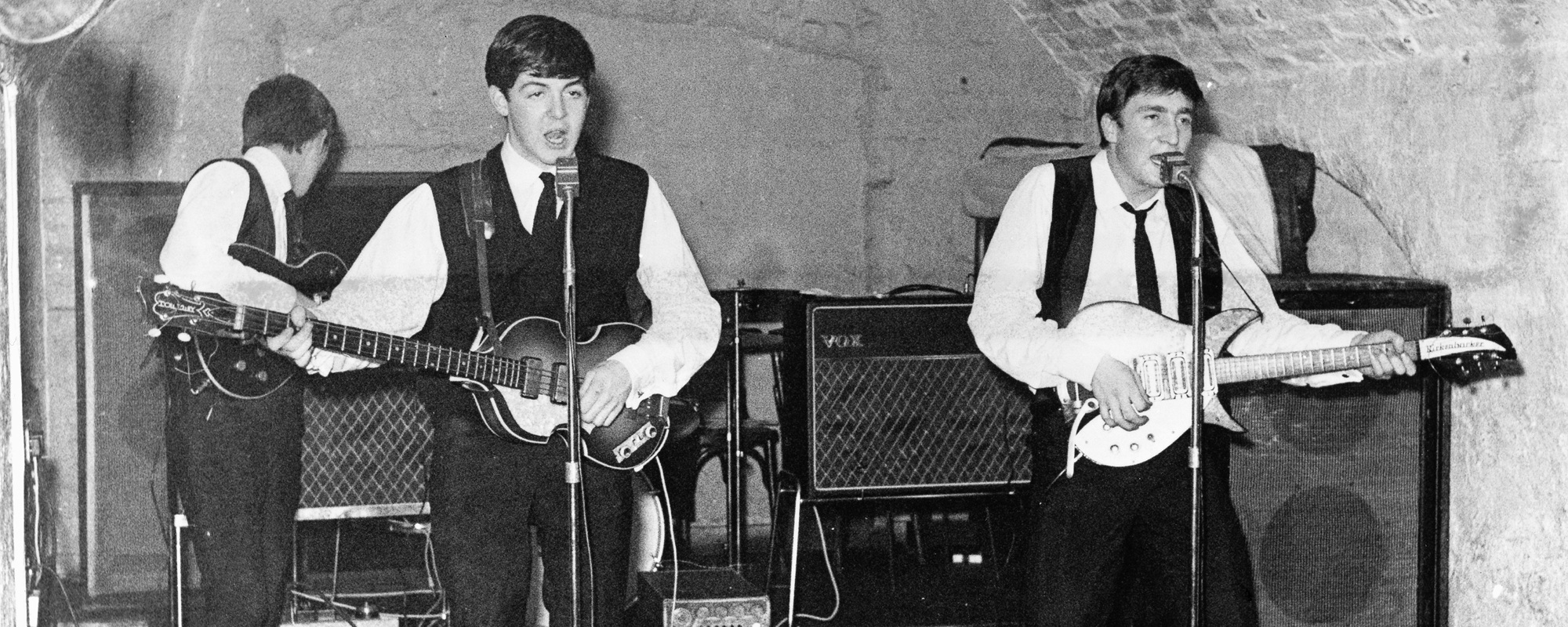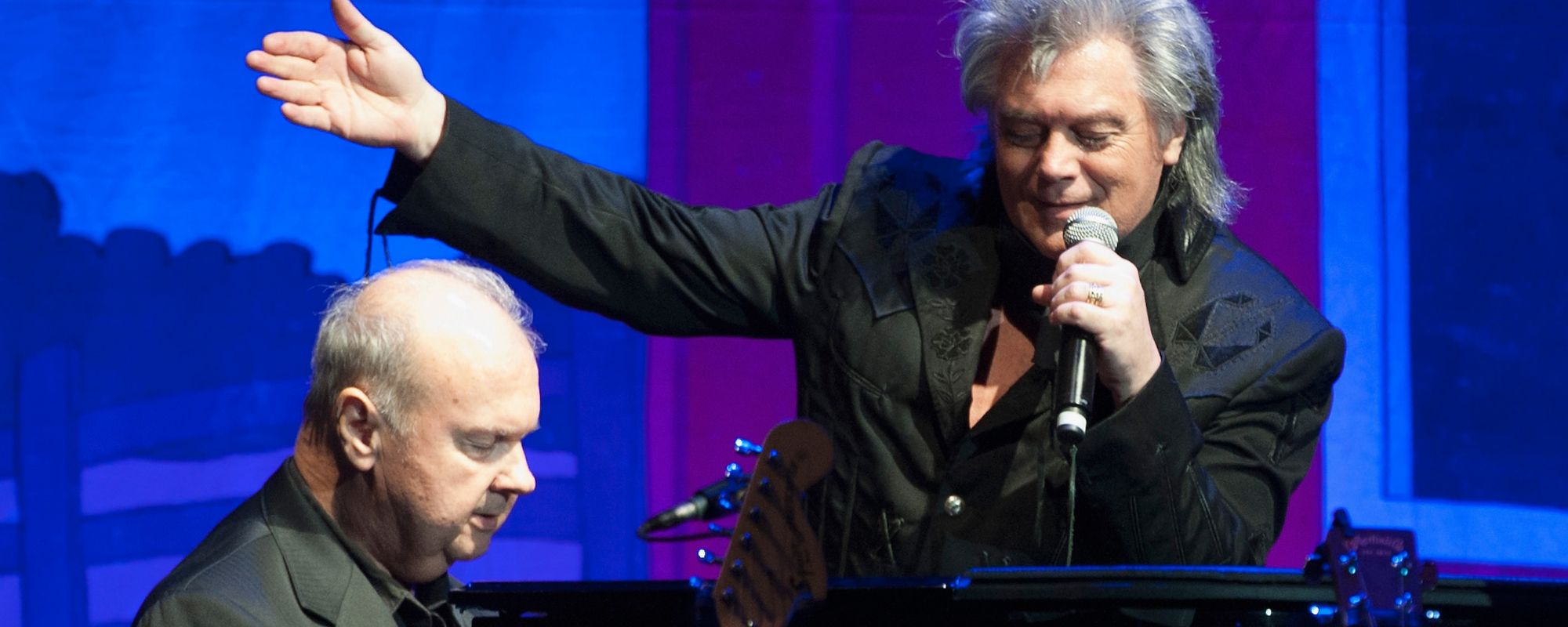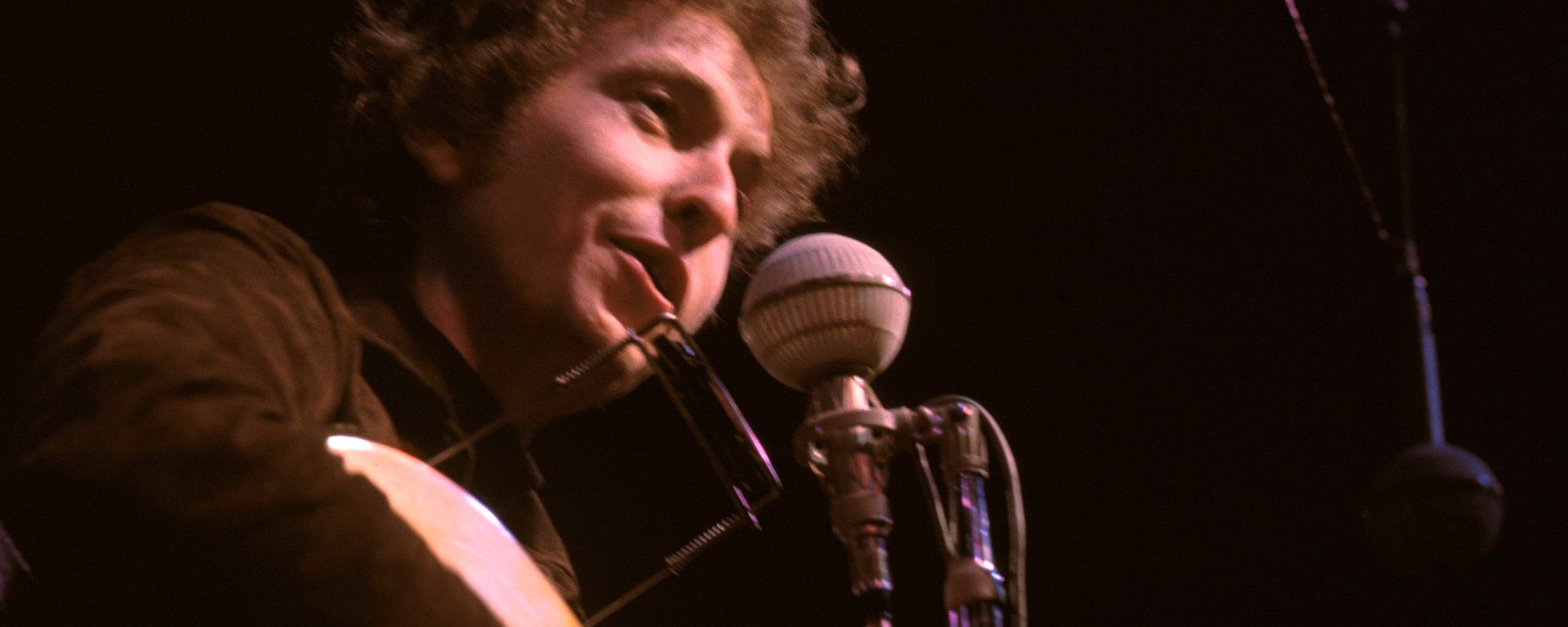Hozier is known for his elaborately crafted lyrics and simple, folksy melodies, but he’s also known for being a staunch activist and supporter of marginalized communities and cultures. He’s done a lot of work, from protesting in his native Ireland—helping to repeal the country’s abortion ban and supporting its same sex marriage referendum—to sharing his appreciation for American Civil Rights activists. He’s also written a handful of protest songs that deal with heavy subject matter in an accessible and image-rich format. Here are six of Hozier’s best protest songs.
Videos by American Songwriter
Hozier’s Protest Songs, from Anti-Capitalist Sentiment to Women’s Rights
“Butchered Tongue”
“Butchered Tongue,” from the 2023 album Unreal Unearth, takes inspiration from an Irish rebellion in 1798. The Wexford Rebellion was one of the United Irishmen rebels’ most successful uprisings at the time, but it was also the most destructive. According to Hozier, as interviewed in 2023 by Dork, “It’s reflecting on the tragedy of cultures who have lost the meaning of their own words.” The track uses a specific Irish historical event as its backdrop, but it really explores the destruction of various Indigenous cultures that maybe don’t have “a solid written history” like Ireland does. When a culture’s language is forgotten, places, things, even people’s names can lose meaning. When it’s gone, it’s gone forever. As Hozier said, “there will never be a translator.”
“Nina Cried Power”
Released on Hozier’s second album, Wasteland, Baby!, “Nina Cried Power” is a strong endorsement of civil rights, activism, and the history of those things in America. “Everything that’s popular music swings off the work and the achievements and the legacy of Black artistry,” Hozier told Billboard in 2018. He had legendary singer and activist Mavis Staples involved on the track, and the title is an homage to Nina Simone, also a monumental figure in the Civil Rights Movement. “Even when the song was in its embryonic state and the idea of it was forming,” Hozier revealed, “I wanted to credit the legacy of the artists in that song and the names were kind of popping into my head, [and] I knew it needed Mavis.”
“Foreigner’s God”
“Foreigner’s God” was released on Hozier’s 2014 self-titled debut, and it deals with feeling alienated and strange while engaging in someone else’s culture. There are themes of occupation throughout the track, which could possibly draw from England’s conquest of Ireland and the ensuing rebellions over centuries. The idea of worshipping a foreigner’s god is one of oppression and erasure of Indigenous cultures. According to a YouTube video around the time of the album’s release, Hozier described the song as a description of how one can “[feel] alien in a culture … [and feel] distance from [his] own cultural values.”
“Eat Your Young”
“Eat Your Young,” a deceptively catchy tune from Unreal Unearth, deals pretty heavily with anti-capitalist and anti-war sentiments. It uses shocking and disturbing imagery to drive the point home, like the line “Skinning the children for the war drum,” as well as the line in the chorus, “So many ways that you can eat your young.” Furthermore, the song explores greed and its undeniable controlling power, exploitation, and how aspirations of wealth and material goods ultimately leads to corruption.
“Swan Upon Leda”
“Swan Upon Leda” was announced around late 2022, and is a reference to the Greek myth of Leda and the Swan. Allegorically, it deals with oppression of women and the limiting of reproductive rights. According to Hozier’s social media announcement at the time, the song was a “show of solidarity” for women who were and still are impacted by the overturning of Roe v. Wade in the U.S., as well as all oppressed women globally. The Greek myth follows Zeus, who was so infatuated by Leda that he turned himself into a swan and forced himself upon her. Hozier connected Leda’s violation and forced pregnancy to the repeal of women’s rights and the systematic oppression of women.
“Nobody’s Soldier”
“Nobody’s Soldier,” released in 2024 as part of a series of bonus tracks on Unreal Unearth, deals less with protest in a literal sense than it does with the aftermath of war, trauma, and tragedy. Like “Eat Your Young,” it’s deceptively upbeat, but remains a darker commentary on feeling like and being told you’re not doing enough. With activism, there can sometimes be a feeling like you’re not protesting well enough, or not doing enough to help oppressed communities, even when you’re doing the most to your own capacity. Possibly even putting yourself in danger. “Nobody’s Soldier” speaks to not letting someone dictate how you engage in activism, not being worn down by outside pressure, and not succumbing to conformity.
Featured Image by Will Heath/NBC via Getty Images)













Leave a Reply
Only members can comment. Become a member. Already a member? Log in.